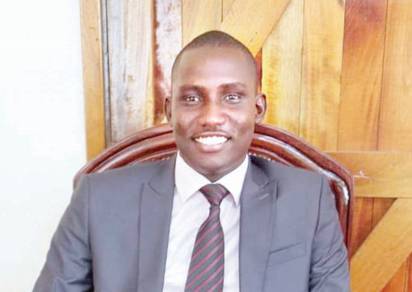Stakeholders call on State to set up rapid treatment centres

Without antivenom or medical devices, such as ventilators, a snakebite can be fatal.
Dorothy Okemo of Health Action International in-country partner MeTA Kenya urges the government, to acknowledge and improve the situation of snakebite affected communities: “Our joint-research with HAI provided us with solid data on the snakebite situation in several counties in Kenya. We use this data to advocate for snakebite affected communities.”
An important part of Okemo’s work is equipping health work workers like Fred Ntuyian and Rose Melita with community education material.
“The fight against snakebite starts with community sensitisation. The best remedy for snakebite is to prevent it in the first place. But if it does happen, we want people to know exactly what they must do: Go to the next health facility immediately,” Okemo adds.
According to Sammy Mbogo, the nursing officer at Entasopia Health Centre in Kajiado, bushy areas provide breeding grounds for snakes. He says the facility records about two snakebite cases a month.
He further states that children, men and women are affected in almost equal measure.
Children and men are often in the bushes looking after the animals. “For women, they could be bitten by snakes as they collect firewood in the bushes. The bushes grow after the rains. These bushes become a hiding place for snakes.”
Samson Saigilu, county Director of Public Health and Sanitation says there are many snakebites in the county, something that he says needs immediate attention.
In some parts of the county, he adds, poor coverage of health facilities worsens the situation.
“In the last one year, Kajiado West sub-county reports the highest cases of snakebites. In this sub-county, we do not have the main hospital. What we have is a Magadi Soda Hospital, a company facility,” he says.







